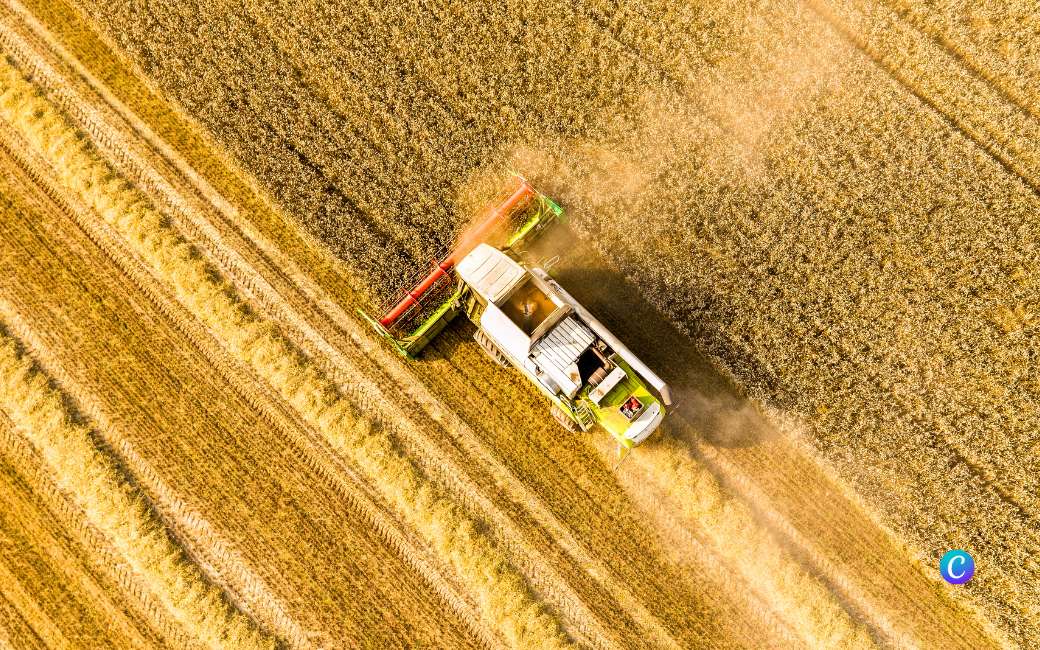Food prices have only gone up in recent months because of the crisis caused by the war in Ukraine and inflation, and now also because of the ongoing drought in Spain. The lack of rain means that many farmers are having difficulties harvesting and the farmers have little food for the animals. As a result, prices for some food items have already risen sharply in Spain.
The drought currently prevailing in Spain is of concern to experts. For farmers and pastoralists in Spain, the situation is complicated, exacerbated by the problem of inflation and the high cost of produce. Although the government continues to claim that prices will fall, things are now looking tough with the CPI above 16%.
Because of the lack of rainfall, some crops, such as cereals and olives, have already fallen in yield. This has led to an increase in olive oil prices by 34%. In March, the prices of vegetables and legumes increased by 28%, cereals by 23%, while the prices of processed legumes and vegetables increased by 15%. As a result, the industry expects fewer products to be available, while demand remains high.
The drought has already affected 60% of Spain’s fields, with more than 3.5 million hectares of dry grain fields lost irreparably. Farmers in this critical situation are calling for an urgent support plan. Recently, the Spanish government Income tax (IRPF) for more than 800,000 farmers has been reduced by 25%, which is an appreciated measure of course, but according to many farmers is not a long term solution.
Crops that depend on rain for their development, such as oats, wheat and barley, are currently languishing in the north and practically lost in the south. The cultivation of woody crops such as grape vines, olive trees, and fruit and nut trees has also begun to be affected. While these crops tend to be more drought tolerant, it is not easy at the moment due to the very unusual heat and lack of rain that has been going on for several years. In addition, there are fears in Andalusia that most of the walnut trees will be lost.
Farmers are also concerned about limited access to water. Concessions are given in drops and times and the crop will be much less than usual because not everything can be watered enough. This mainly affects stone fruits and citrus fruits.
The lack of rain also means that the pastures are dry, which means that the animals cannot be fed. Cattle breeders have to buy fodder and hay to support their animals. However, the forage is produced from grains that are scarce in Spain, which means they have to be imported and raise the price significantly.
the production Of dairy products and eggs, foods whose prices have increased dramatically since the beginning of the inflationary crisis, have been declining for months. Although production costs are falling, the price in the supermarket is not falling. This is due to the significant decrease in the number of dairy cows in Spain.
The lack of rain also means that there are not enough plants and vegetation in the mountains, which prevents the bees from feeding and producing honey. This is the third consecutive season without a harvest for beekeepers.

“Creator. Award-winning problem solver. Music evangelist. Incurable introvert.”







More Stories
British military spy satellite launched – Business AM
Alarming decline in the Caspian Sea
Lithuania begins construction of military base for German forces